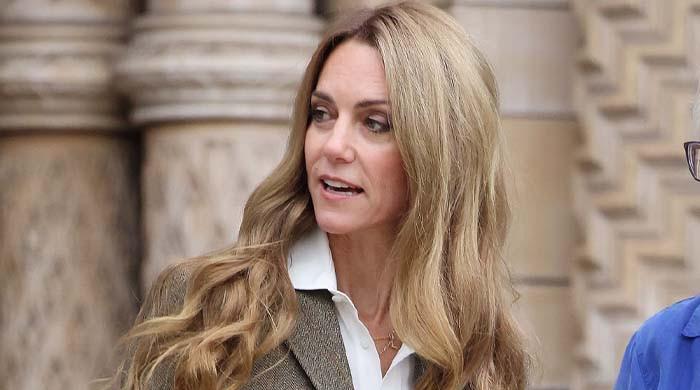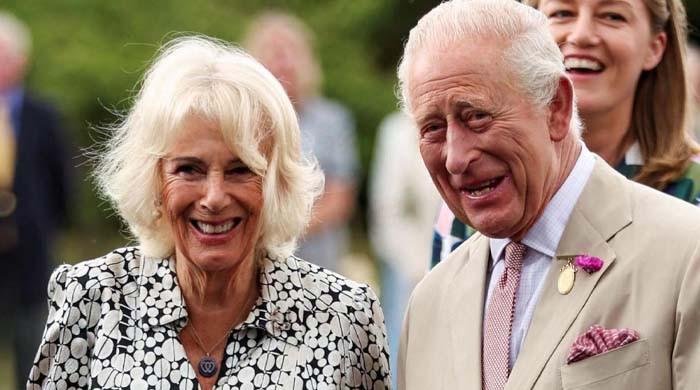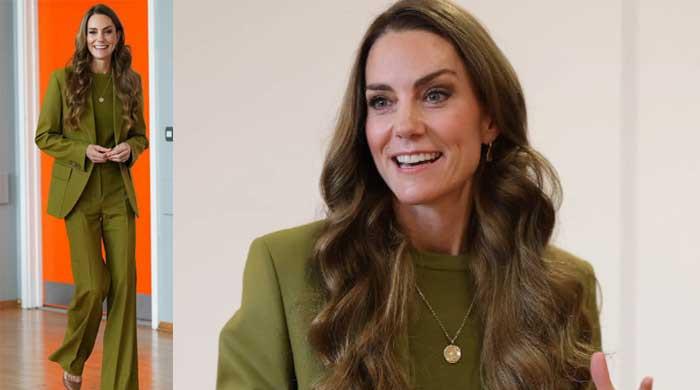Prince Harry releases statement after New York event
Prince Harry on Thursday attended an event in New York
October 09, 2025
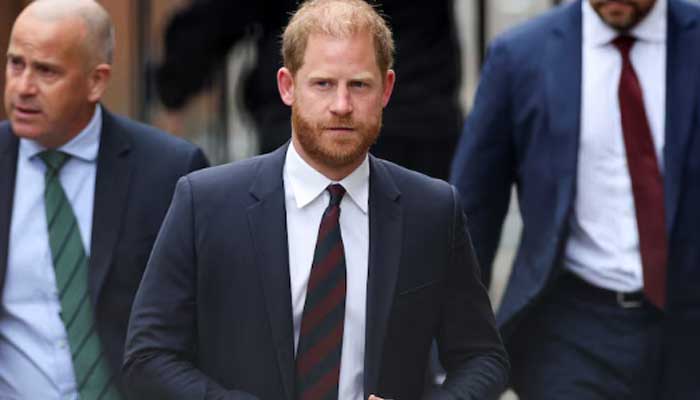
Prince Harry joined Movember, the global men’s health nonprofit, to shine a light on what he called a “crisis hiding in plain sight.”
During an event hosted at the Australian American Association in New York City, the Duke of Sussex participated in a powerful conversation launching The Real Face of Men’s Health: USA—a landmark report from the Movember Institute of Men’s Health.
Moderated by journalist Brooke Baldwin, the event brought together leading researchers and advocates to discuss why American men are dying younger, struggling more, and often suffering in silence.
Here’s the full text of the statement released by the Sussex team:
Prince Harry, Duke of Sussex, joined Movember, the leading global men’s health nonprofit, for an evening conversation that laid bare a crisis hiding in plain sight: American men are dying younger, struggling more, and suffering in silence at rates that demand urgent attention.
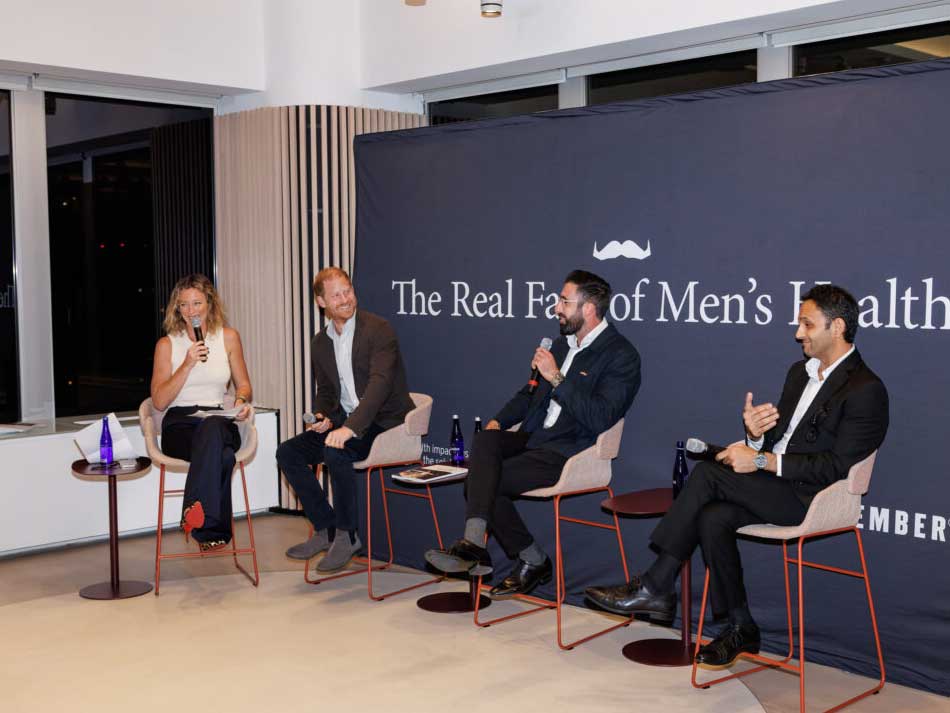
The reception at the Australian American Association in New York City launched The Real Face of Men’s Health: USA, a groundbreaking report from the Movember Institute of Men’s Health that combines hard data with human stories to reveal what’s killing men—and why so many never ask for help and why a majority (53%) die prematurely.
Journalist Brooke Baldwin moderated a conversation between Prince Harry and leading researchers including Zac Seidler, Movember’s Global Director of Men’s Health Research, and Calvin Abbasi of the Andron Project. Dr. Derek Griffith from the University of Pennsylvania, Brian Heilman, senior research fellow at Movember and co-author of the report, and Matti Navellou from ICONIQ Impact spoke on a separate panel about the research. What emerged from both dialogues was a portrait of American masculinity at a crossroads.
Prince Harry, who has spent over a decade working with veterans and advocating for mental health, spoke about a pattern he’s witnessed across communities: the profound isolation men experience when they believe no one will understand what they’re going through. “Yet when I speak to men, the same struggles keep coming up,” he said, “Which tells me that the weight they carry isn’t uncommon. The biggest barrier is the belief that no one will understand. Loneliness convinces you you’re the only one, which is rarely true.”
This isolation shows up starkly in Movember’s research. Men consistently underestimate how many of their peers support open emotional conversations, reflecting a wide “perception gap” between private beliefs and assumed norms. In 2023, American men had a life expectancy of just 75.8 years, ranking the United States 27th out of 31 OECD countries. Men are more than twice as likely as women to die from heart disease, 20% more likely to die from cancer, and 250% more likely to die from accidents and drug overdoses. Behind these statistics are fathers who never mentioned chest pain, brothers who hid addiction, sons who believed asking for help wasn’t masculine.
The Crisis Facing Young Men
Mental health challenges hit younger men particularly hard. More than one in four men ages 18 to 34 reported experiencing mental ill-health in the past year, with rates peaking at 32% among men aged 30 to 34.
Prince Harry addressed social media as what he views as one of the most urgent alarm bells. He said too many young men are being raised by algorithms that make them feel powerless and hopeless, rather than real mentors. They seek guidance online and find themselves in digital spaces designed to maximize engagement through outrage and division, not to support healthy development. He argued that changing the incentive structures of these platforms—rewarding connection and empathy instead of exploitation—could fundamentally shift how boys grow up.
The conversation touched on the fact that men need different pathways to connect. Movember’s research confirmed that rather than immediately sharing feelings in a circle, men often connect more naturally while working on shared projects or tasks together. This insight has shaped how effective men’s health initiatives create spaces for vulnerability.
From Crisis to Connection
The Duke’s work with the Invictus Games has shown him what becomes possible when strength is redefined, vulnerability is respected, and recovery is celebrated as courage. He noted that the role models young men need aren’t necessarily celebrities, but dads, coaches, and friends who choose honesty over silence. He noted that members of the military and first responders can be some of the most powerful role models, if they are able to share their struggles. “They are the real superheroes,” he said.
The conversation repeatedly returned to a central insight: connection saves lives. When men hear “I’ve been there too,” walls begin to crack. The challenge now is creating more spaces—online and offline—where those conversations can happen, where seeking help is normalized, and where the definition of strength expands to include emotional honesty and asking for support.
“I found myself speaking to many veterans and sitting down with them I realized the silence is killing people,” he said, adding, “Stamping out the stigma globally, we’ve come a long way. Access to therapy is still a massive problem.”





